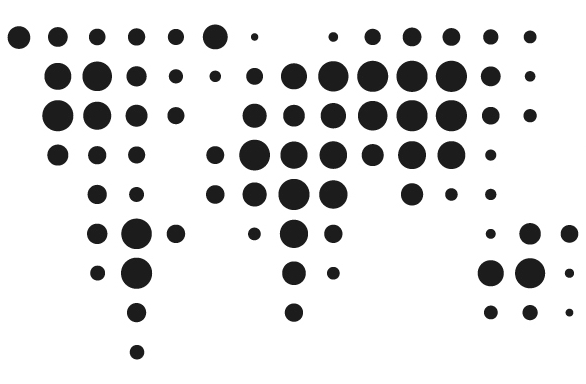Research at the Geography Department
Research at the Geography Department is focused on the representation, analysis and interpretation of the complex challenges associated with globalisation and environmental change. Our working groups cover a broad spectrum of the natural science and social science competencies required for this. Geographers work with different approaches on the research fronts of their respective sub-disciplines, adopting an integrative perspective and making society-environment relations an important part of their scientific work.
Within Human Geography, we work together in three thematic cross-sectional fields. With a "planetary perspective", we research (1) sustainable and equitable geographies of the future to shape the social, economic and ecological impacts of environmental change in and for local-regional living environments, (2) we are interested in societal nature relations, technology(s) and systemic transformations in order to understand the social meaning and production of knowledge about nature, and (3), we focus on the dimensions of space, power and inequality in order to investigate spatially shaping processes that stabilise or destabilise social and political orders through different forms of power.
Within Physical Geography, we deal with earth surface processes and the associated natural hazards, climate and environmental change as well as biodiversity and ecosystem functions on different spatial and temporal scales. We analyse environmental data with geoinformatics techniques.
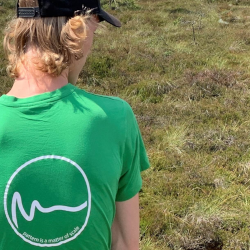 |
Bayreuth Biogeography studies biotic patterns (species, ecosystems) on different spatial (local to global) and temporal (current/near future) scales. |
||
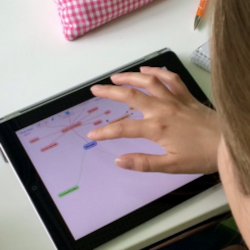 |
In particular, we research how geography should be taught in order to meet (global) challenges. |
||
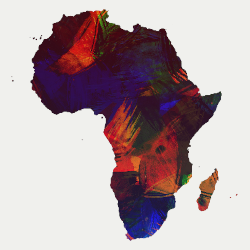 |
We are concerned with human-environment relations and the spatial distribution and linkages of development processes, especially in sub-Saharan Africa. |
||
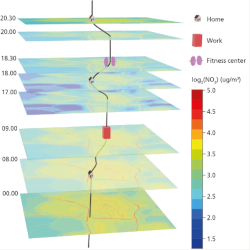 |
Geoinformatics - Spatial Big Data focuses on spatio-temporal data analysis using spatial statistics, machine learning, remote sensing, agent-based modelling and estimation techniques. |
||
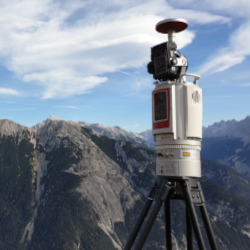 |
We analyse, measure and balance processes of the earth's surface from rockfall to transport in flowing waters on different spatiotemporal scales. |
||
 |
Our goal is to understand and quantify climatological spatial patterns and processes. |
||
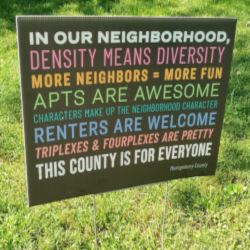 |
We explore discursively mediated cultural notions of space and their role in power relations and society-environment relationships. |
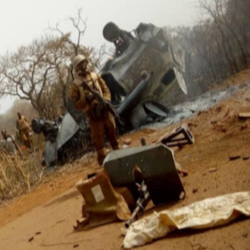 |
In our research we are concerned with the political dimensions of im/mobilities of people, ideas and goods in the context of border regimes and infrastructures. |
||
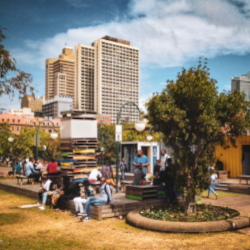 |
Social and Population Geography Everyday life and social change in urban and rural areas in Africa, the Americas and Europe are the focus of our research and teaching. |
||
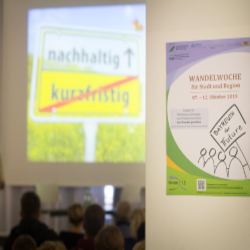 |
Urban and Regional Development We research the possible ways the transformation to sustainability can be shaped on the ground in rural communities, in cities and at the regional level. |
||
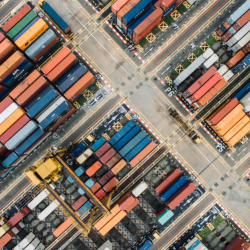 |
We research the sustainable economy, the digitalisation of work, global commodity chains and the financialisation of agriculture. |

